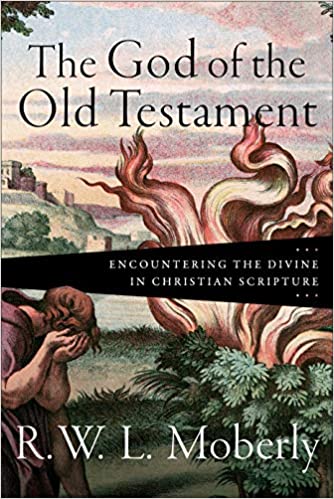Q. One thing I really always appreciate about your work, besides the obvious depth of attention to the theological pith of various texts, is your modeling attending to the whole hermeneutical arc from original context to later use of a text or an idea in the NT to contemporary discussions of relevance. Honestly, there aren’t that many scholars out there who do this, and I’m wondering why, even when many of them are practicing Jews or Christians? Why is this? Is it just lack of courage (or fear they will be viewed as ‘uncritical’ scholars by the academy), or concern with the application of the Biblical texts to contemporary contexts?
A. It’s hard to say, as habits have developed over time, and the influence of the “history vs dogma” debates of the eighteenth and nineteenth centuries, in terms of anxieties about “original meaning” over against “anachronistic theological interpretations” of the text, still lingers (and, sadly, is still periodically refreshed by bad practice in some contexts). I guess that part of what I’m doing is trying to offer models of how a more integrated theological approach to the text can remain philologically and historically responsible – for it’s when people can see how it works in practice that they can catch a vision for what they might do themselves.













